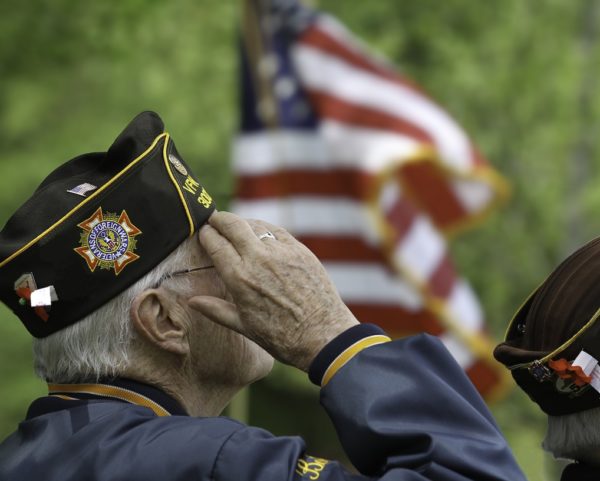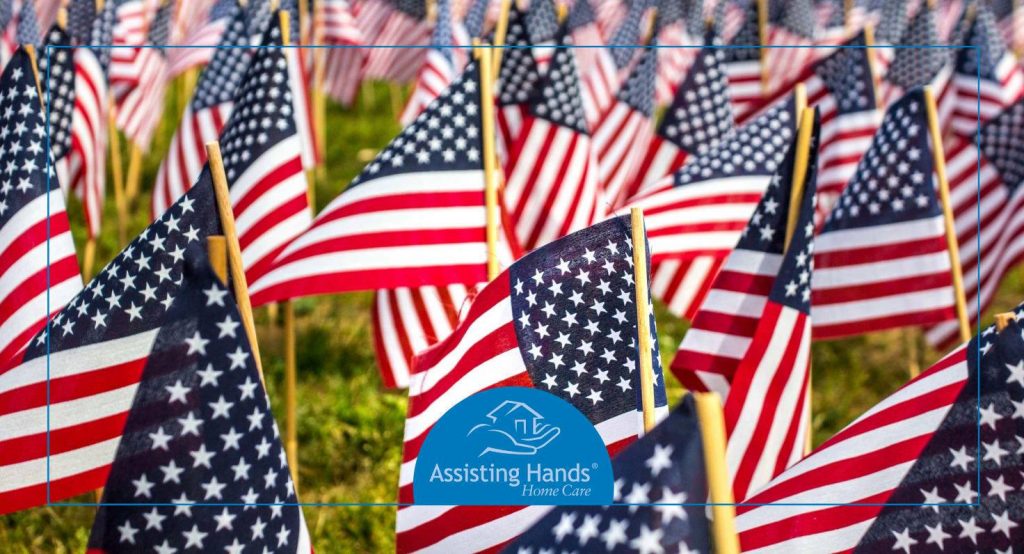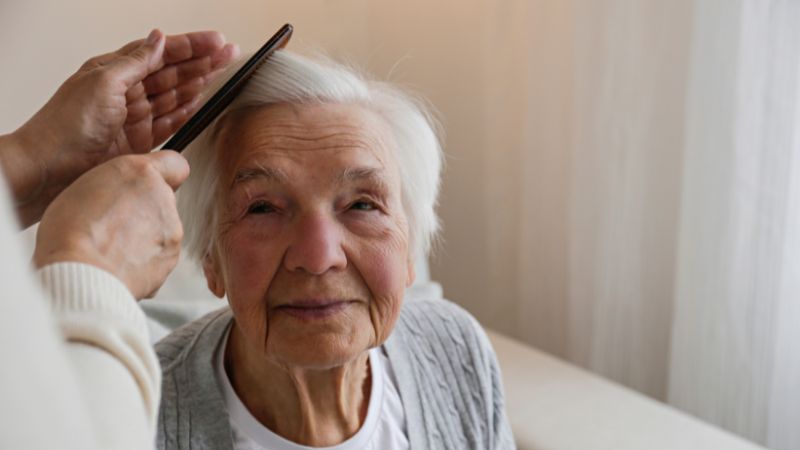
One of the biggest losses seniors can experience is that of a spouse. It can turn their life upside down as they lose their partners’ companionship and help. The widows must learn to do things on their own, as they might have previously relied on their spouse to do things for them.
When it comes to seniors who are surviving spouses of veterans, figuring out the benefits they are entitled to after losing their spouse can be overwhelming. Therefore, it is important for the surviving spouse to research and understand the benefits available so they can best utilize them for themselves and their families. Whether it is related to healthcare, income, or property taxes, it is helpful to know what a surviving spouse of a veteran should investigate after the death of a loved one. It is crucial to know the deadlines that are required for specific applications so that they are eligible for benefits.
According to the AARP, here are some benefits that a surviving spouse of a veteran should know about:
Dependency and Indemnity Compensation
Only those who meet the criteria for (Dependency and Indemnity Compensation) DIC, get tax-free payments. Although the DIC payment rates are adjusted every year, according to the AARP, the 2022 surviving spouses of veterans will receive about $1,440 a month, with supplementary payments possible if the veteran was disabled or if the spouse is disabled and caring for minor children. Spouses of deceased veterans should keep in mind that DIC payments are not received automatically and not all those who apply are eligible to receive them. The surviving spouse must apply for the benefit, and they need to do it right away. If they apply more than 12 months after the death of their veteran spouse, the payments are retroactive only to the date they applied, not to the date the veteran died. Also, if the surviving spouse remarries, they will lose eligibility.
The DIC was designed to provide compensation to a surviving spouse when a service member dies during their service or if they die because of a service-related disability. It also provides compensation in the case of a veteran dying due to a cause unrelated to service but are rated by the VA as totally disabled from a service-related disability for a certain amount of time immediately before their death. Therefore, service members should apply for total disability as soon as they are eligible so that in case of their death, the surviving spouse can receive the DIC benefits.
Education and Training
Financial help in pursuing education or vocational training is available to survivors of service members. In some cases, the government will cover the cost of or pay a large part of tuition costs for college or other educational programs.
There are two programs that surviving spouses and children should look into: Fry Scholarship and Survivors’ and Dependents’ Educational Assistance (DEA).
Fry Scholarship
This program pays full cost of in-state tuition at public institutions, or up to $26,000 for a private school. The payment is made directly to the school. It also pays for a monthly housing allowance and stipend for books and supplies.
Survivors’ and Dependents’ Educational Assistance (DEA)
The survivors who qualify can chose the DEA program instead of the Fry scholarship. They will receive a monthly check sent to them to pay for educational costs. The maximum amount they would currently receive is $1,298 per month.
Both programs can be used for college, vocational and business technical programs, apprenticeship programs, certification tests, and tutoring. Keep in mind that eligibility for these programs depends on many things, including the date and circumstances of a veteran’s death, the ages of dependent children, and the widow or widower’s marital status.
Home Loans
Surviving spouses are sometimes eligible to receive a VA-guaranteed home loan, which allows them to buy, build, or improve a home or refinance a mortgage.
The VA loans are different than regular home loans. For example, usually the buyer does not have to provide a down payment on the home and they do not have to pay monthly mortgage insurance premiums. Also, if the buyer is refinancing, they can choose a cash-out refinance loan which allows them to get cash from the equity in the home.
Pension
A surviving spouse with a modest income who has not remarried, and unmarried dependent children can apply to receive tax-free VA Survivors Pension. This is a monthly payment that is paid out to survivors of veterans who served during wartime.
The maximum survivors pension rate is set yearly, and the eligibility is based on income and net worth. Current payout range for survivors’ pension is from about $9,900 to $19,000. The payouts depend on whether they have children and quality for other VA benefits. The payment they receive is the difference between their income and their maximum pension rate.
Burial benefits
Eligible veterans and their spouses and dependents have these burial benefits:
- They can be buried in one of the 155 national cemeteries maintained by the VA
- The burial benefits that are included at no cost are: opening and closing the grave, perpetual care, a government headstone or marker, a burial flag, and a Presidential Memorial Certificate (PMC)
- If a veteran is buried at a private cemetery, the government provides a headstone or marker, a burial flag, and a PMC. They may also pay for some burial and funeral expenses.
Life insurance
If a veteran has received a disability rating that is connected to their service, they may qualify for Disabled Veterans Life Insurance (S-DVI) life insurance policy, which has up to $10,000 coverage. If a veteran is totally disabled, they may have their premiums waived if they quality. If a veteran does receive the premium waiver, they can also apply for up to $30,000 more in coverage, however these premiums are not waived.
These are just some of the benefits that surviving spouses of veterans may qualify for. However, it is crucially important that they inform themselves on the benefits for which they may quality. This will help them navigate life after the death of the veteran and help them figure out the best course of action for themselves and their families.

Are you or a family member a surviving spouse of a veteran that needs senior care or companion care? When it comes to elderly care, we are experts. To find out more information call us at (630) 407-1932. We serve Hinsdale, LaGrange, Downers Grove, and the surrounding areas.














